“It's okay to cry and say how you feel” – an interview with the star of Final Fantasy 16

I’ve never seen someone drink hot coffee through a straw before, but that’s what greets me when I jump on a video call with Ben Starr, the actor behind Final Fantasy 16’s lead character, Clive. You never know what to expect when you arrive for an interview, but it’s never the straw coffee. No, sir.
When Starr auditioned for Final Fantasy 16, he didn’t know what to expect either. A lifelong fan of the series – FF8 is his favorite and he loves Laguna the most – he didn’t even know he was auditioning for his most beloved game series. The video game industry liked to keep its secrets and everything was hidden behind a codename, from the monstrous Eikons you summon into battle to the characters and even the game’s title.
“I was in for a very small part,” Starr says. “And then when I was actually in the room, they said, ‘Can you read for something else?’ I ended up getting these lines blind, and it ended up being the main part.”
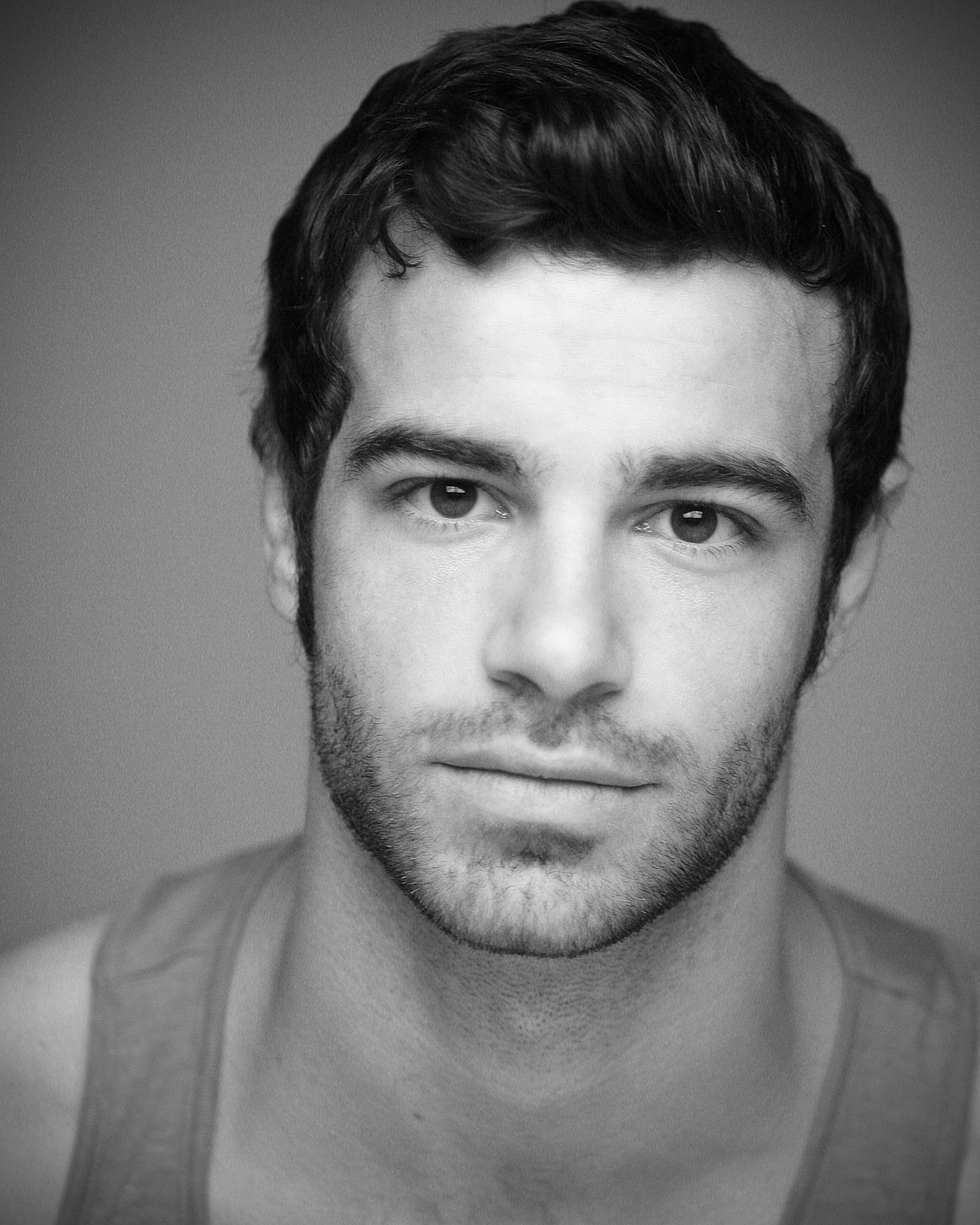
Four days later, Starr found out that he’d landed the lead role in the latest entry into the Japanese-developed RPG series.
Traditionally, these games were created in Japanese first, with the other languages using that original performance as a baseline for their localized VO recordings, matching inflection, timing, and tone. This game was different, prioritizing the English VO and using it as a base for everything else.
There are versions of Clive in lots of other languages, but they’re all based on Starr’s performance, which captured both his voice and his facial expressions using a head-mounted camera. Before the COVID pandemic, he even got to share the recording booth with his co-stars, which allowed them to bounce their performances off each other – this can often result in more natural back-and-forths between characters than actors recording their lines in isolation.
Landing the gig felt like serendipity. Starr has been in a few video games in background roles, but most of his acting career has been in television. When he landed his first major role in video games, it just happened to be for his favorite series. The scale of the game and the prominence of the part also meant it was his biggest job ever – four whole years of his life.
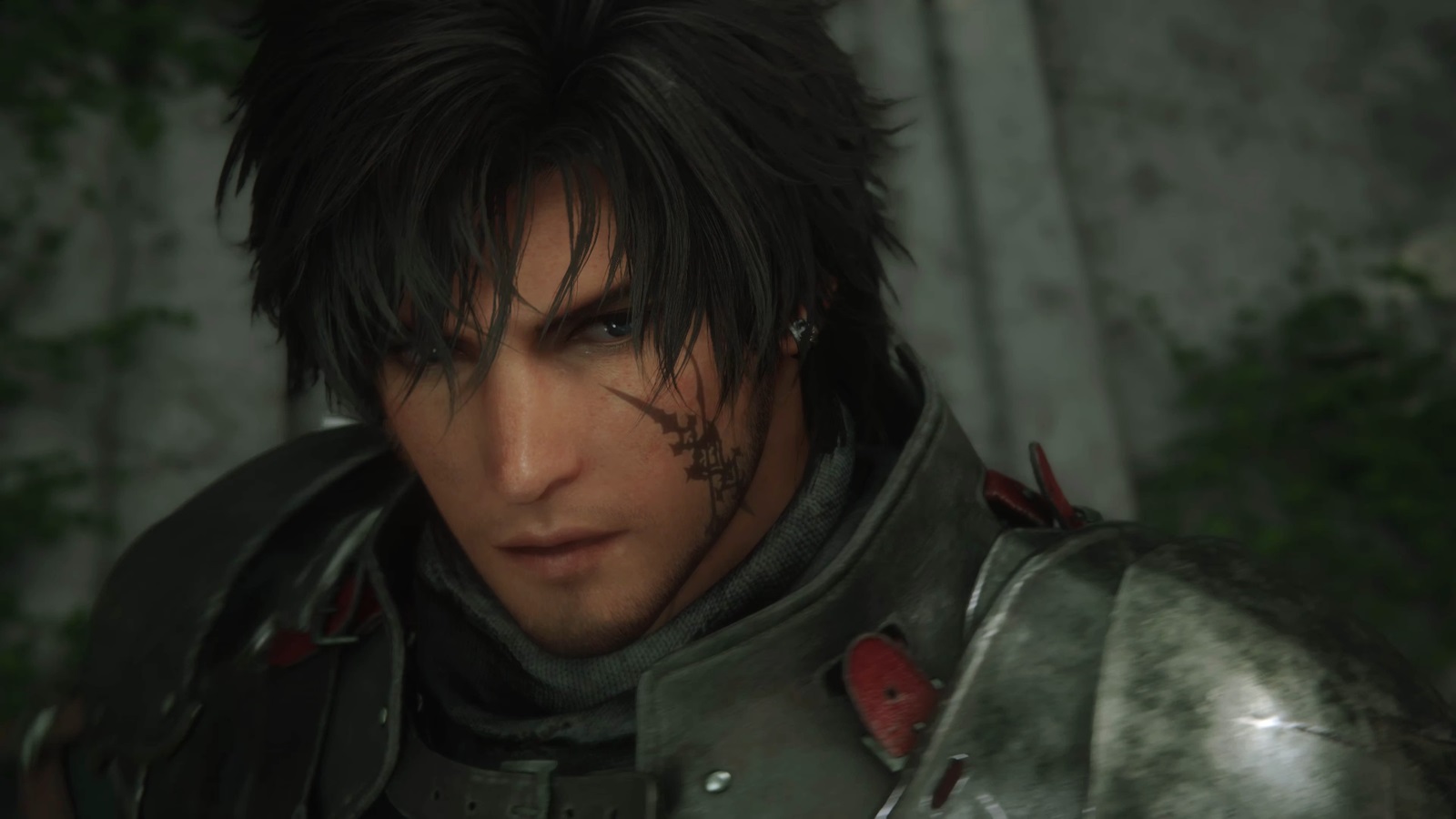
“When people ask me if I’ve done video games before, I say, ‘No, not to the level that was required for this,’” Starr says. “This is the longest I've ever worked on a single role. I did three years of a TV show called Jamestown, but I never got to do the stuff that's been asked of me on this job.”
Acting is acting, of course, but there are a lot of nuances to learn when you’re recording for a video game. Starr says he learned on the job “mostly through osmosis” and he had to battle with imposter syndrome early on.
“I've got to thank the whole team because they gave me a lot of bandwidth to make mistakes,” Starr says. “If I ever wanted to do another take, they allowed me to have some say over the role. They'd always let me go for my own takes. Eighty percent of the time, it was the worst take of all of them, but sometimes it really worked. That was the beauty of this process.
“It's trial by fire, you're thrown into it.”
The team provided Starr and the rest of the cast with footage of the cinematics to give them a sense of the scale of each scene. Starr even went one further and brought his dog onto the set so he could read the lines directed as his in-game canine companion, Torgal, at his own pet. When we’re talking about him, Starr runs off to bring his pooch down and show him off. He’s adorable – the dog, I mean. Mind you, Starr is lovely too. There’s a fair bit of crossover between the actor and his in-game character.
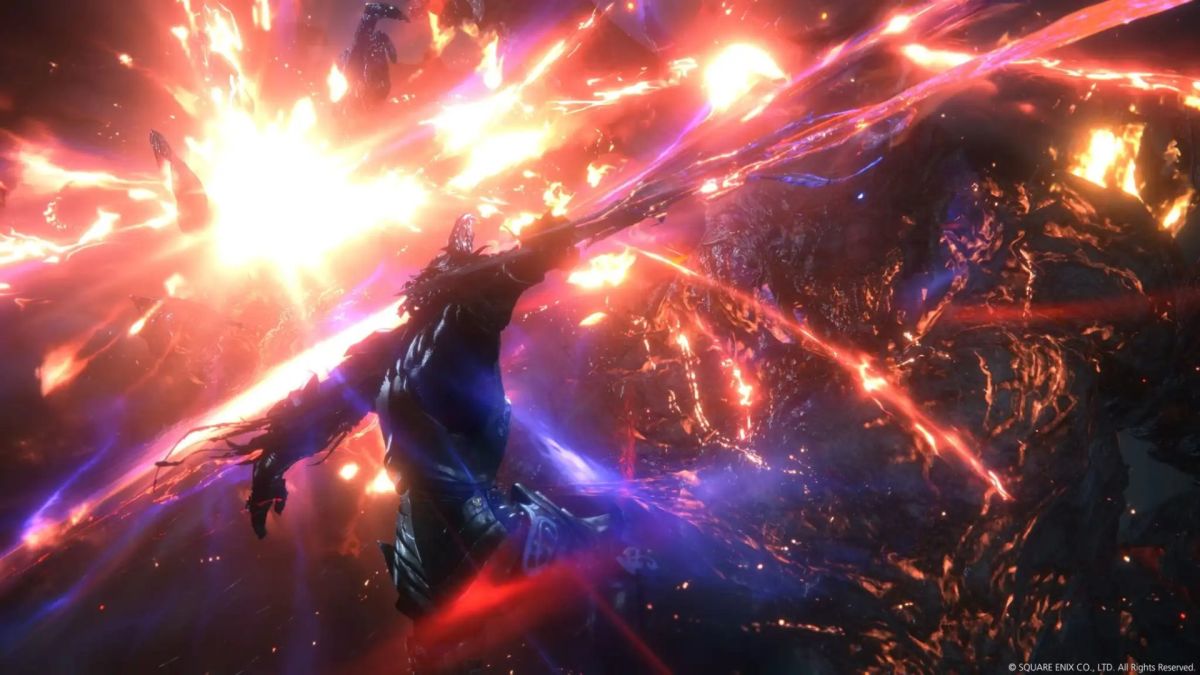
Clive is somewhat of an outlier in the pantheon of Final Fantasy protagonists because of how he wears his heart on his sleeve. He doesn’t hide his emotions to act cool – he screams it all out into the world – he rages, shouts, and cries. He tells the people he cares about that he loves them.
“He has hero-esque attributes,” Starr says. “He tries to stand for good. He tries to be better. But ultimately, he is a broken man who's trying to heal himself. And that's always been the most appealing part for me. I think the most rewarding parts of playing him are those moments where we just see him genuinely be honest, and be broken – that's the stuff I love about him.
“The team has been unapologetic in allowing us to explore that aspect of him. In some of these scenes, they said, ‘You know, it's gonna be quite emotional. Do you want to go for it?’ And I'm like, ‘Yeah, sure, I'll just go for it.’ It's me, unfiltered. It's rewarding that I've been able to draw on a lot of my own personal experiences and bring that to him.”
Clive’s journey is one that’s filled with trauma and loss. He has a mother who hates him, and he loses close family members under terrible circumstances. His face is marked and he’s shunned by society. Early on in the game, his only driving force is revenge but you can sense the sadness underpinning his anger. It’s something Starr can relate to.
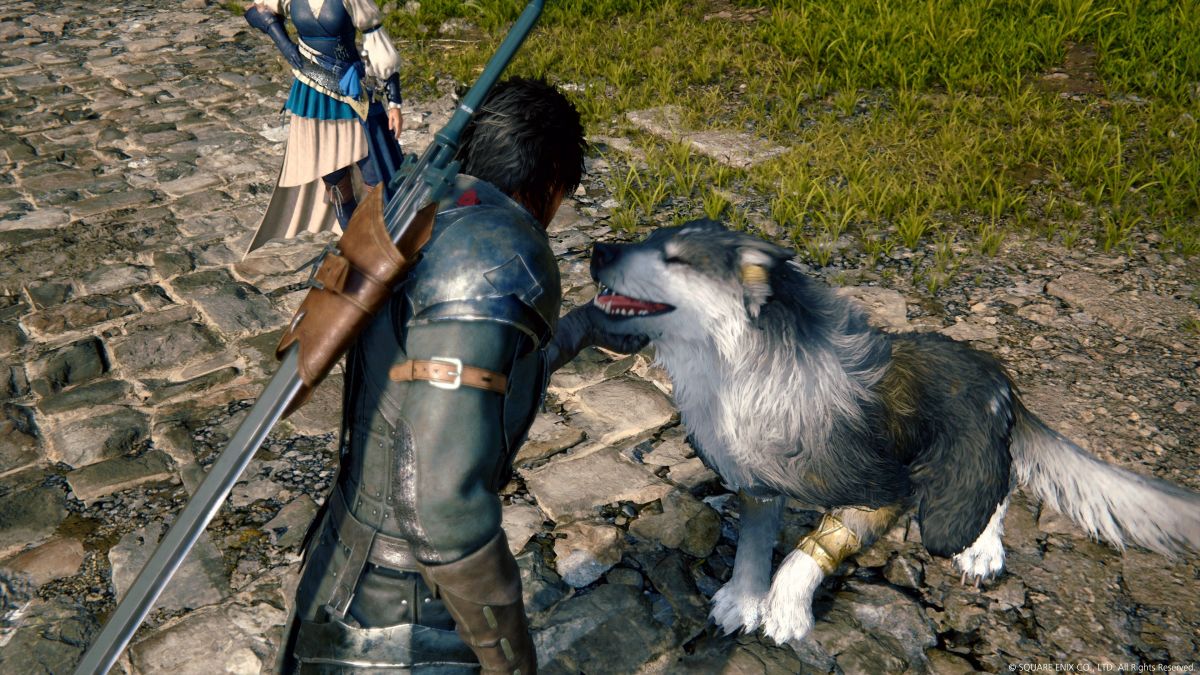
“Two years into the project, my dad died. And it was just… just destroying,” Starr says, his voice cracking slightly at the words. “The entire team rallied around me and allowed me to heal through this process. If it wasn't for this game, I don't think that I would have known what to do. Because this provided a focus for me. This provided an outlet through which I can actually feel like there's some good to be done in this. It was a safe space to exist, and to express myself.
“There are parts of this game where you see that pain, and that's quite real. It changed me to understand what loss is, so dramatically. It was so unexpected. My dad was the last person I spoke to. The last time I spoke to him was on the way to recording this game, and then he died. He was the person that bought me Final Fantasy 8, he was the one who always supported me and supported my love of video games – specifically this franchise. So this is why it's so important.”
In a world where people are taught to bottle their feelings and push them down, it’s refreshing to have a character who lays it all out and reminds us that we’re all broken in different ways. Life beats us all down, but there’s always something to lift us up again just beyond the horizon. There’s always something worth fighting for, and we all have the capacity to leave a lasting mark on someone’s life and make the world a better place.
It might be a game where titans topple buildings and people can spew fire from their hands, but that’s all just there to remind us that, no matter who we are, what we do, and whether we sip coffee from a mug or suck it up with a straw, we’re all the same and we’re experiencing this wild existence together. Like Starr in the recording booth, we’re all learning on the job.
“I want that to be the thing that people take away,” Starr says. “It’s okay to not be okay. It's okay to cry, be sad, and say how you feel. There is so much of my dad in this performance. This is why I want to get out in front of this game – I'm really proud of this character.”
Final Fantasy 16 is out now for PS5. You can read our Final Fantasy 16 review here, which calls out Starr's performance as one of the game's major highlights.
